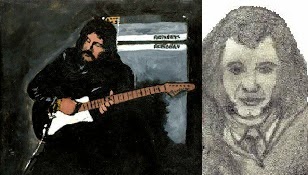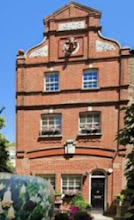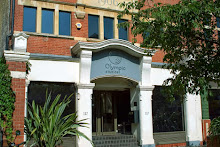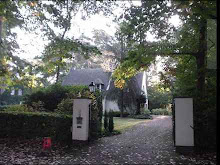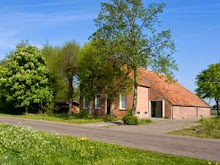Title: Message Magique
Main Album: Focus X
Track number: 9
Genre: Progressive Rock with vocal
Studio: Fieldwork Studios, Schoten, Belgium
Length: 3:53
Composer: Ben van der Linden
Musicians: Thijs van Leer – Piano, organ, flute; Menno Gootjes – Guitars; Bobby Jacobs – Bass; Pierre van der Linden – Drums
Producer: Bobby Jacobs
Label: Eastworld Recordings
Date of recording/release: November, 2012
Alternative version: An earlier flute version of this track can be found on Thijs's solo album RenaissanceNotes: The track is introduced by nine seconds of drums then a piano and bass come in for another nine seconds before the lead guitar takes up the main theme in that rising Focus style that is so familiar. This continues until 1:46 when it is the turn of the flute to lead for several bars. From 2:27, it is flute and guitar that synchronise to lead the band. Around 3:15 the descent to the close begins, chiefly led by the flute but concluding with a satisfying sigh from the lead guitar.
Note on Ben van der Linden.
Note on Ben van der Linden.
Van der Linden (no relation) is a pianist and composer. He learned to play the organ as a child in church. He also studied piano with Jaap Callenbach at the Rotterdam Conservatory. He became pianist with the Rotterdam Philharmonic Orchestra for two and a half years then studied electronic music with CEM and jazz with Chick Corea.
He also led the Ben van der Linden Trio and was a student of jazz pianist Louis van Dijk.
Over the years he has worked with van Leer and many others including the singer Della Bosiers, the Peter Blanker Consort, Liselore Gerritsen, Fons Jansen, violinist Christiaan Bor, Conny Vandenbos, filmmaker Bob Rooijens, Henk van Ulsen, Ramses Shaffy, Willem Wilmink, Jan Boer Chair, Audrey Hepburn and Huub Oosterhuis. He was musical leader with Paul van Vliet for nine years and has composed hundreds of songs for different people. His work can be heard on around 80 commercial recordings.
He also led the Ben van der Linden Trio and was a student of jazz pianist Louis van Dijk.
Over the years he has worked with van Leer and many others including the singer Della Bosiers, the Peter Blanker Consort, Liselore Gerritsen, Fons Jansen, violinist Christiaan Bor, Conny Vandenbos, filmmaker Bob Rooijens, Henk van Ulsen, Ramses Shaffy, Willem Wilmink, Jan Boer Chair, Audrey Hepburn and Huub Oosterhuis. He was musical leader with Paul van Vliet for nine years and has composed hundreds of songs for different people. His work can be heard on around 80 commercial recordings.

